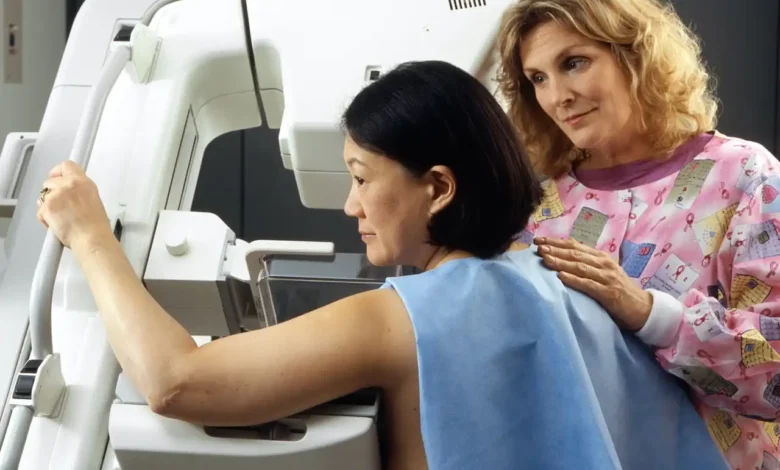What is a Community Health Nurse?

Nursing burnout has become a significant issue across the country. Since the pandemic, the unbalanced patient-to-staff ratio has led to severe burnout among nurses. There is something to help with that, community health nursing. Many nurses have transitioned into community health nursing, but why?
Firstly, we must know what community health is. Community health refers to the health services that focus on people’s physical and mental well-being in a specific region. This type of nursing care is delivered outside acute hospitals. Community health nursing combines primary healthcare and nursing practices in a community setting. This care can provide health services, preventative maintenance, and health education.
Who Works In Community Health Nursing?
There are many roles to choose from when it comes to being a community health nurse. Many specialize in functions such as being school nurses. As a community health nurse, you may find yourself at several clinics, hospitals, physician offices, and nursing someone in their home. You can also find yourself in homeless shelters, community centers, veteran’s facilities, prisons or jails, and outpatient or inpatient settings. The daily duties and tasks depend on your location. By looking through resumes, you’ll be narrowed down by your skills and abilities and how well you can do your job. Many of these jobs are compassion and detail-oriented and require a lot of dedication to work for. It takes a lot to take on a job like this, considering all the details and factors that go into this job, but what truly makes community health so important?
Read Here About the Importance of Men’s Health
Why Is Community Health Important?
Community health is essential to the health of the entire population. Community health is critical because it focuses on improving and protecting people’s quality of life and overall health. These types of services deliver patient care and reduce the occurrence of injuries. These roles offer education to community members about maintaining health and engage citizens in care decisions to decrease the chances of disease and death.
Pros And Cons?
With anything in the nursing industry, there are going to be some pros and cons that come with it. But what are they?
- Pros
- You will get to meet and work with a variety of people when you work as a community health nurse. You’ll be able to work in a very diverse and dynamic environment as a community health nurse. You are leaving a positive impact on a community.
- You get to work with a flexible schedule. Community health nurses usually pick and choose when they want to work and have complete control over their plans.
- You’ll get to work more remotely.
- You rarely will have to deal with emergencies or calls.
- You can set your boundaries in the workplace.
- Cons
- Poor community health is a significant issue in impoverished, rural areas. Nurses often help people with serious health issues. These rural areas can result in fewer healthcare interactions, resulting in worse health outcomes. As a nurse working in these communities, you must be prepared to give preventive care and address the systemic barriers to better health.
- Limited resources are an issue within rural or impoverished urban communities. The community may lack funds and public health departments. This can leave several nurses facing several challenges as community health nurses. You may lack assistance or equipment in this case.
- Becoming a community health nurse is not ideal for newer nurses. You will have to perform many tasks independently, with no defined guide to help you deliver care to your patients.
- You must be aware of safety risks as a community health nurse. The safety risks can be hard to predict in a new environment. You may find new challenges in someone’s home and adapt to the recent changes.
As you can see, the pros outweigh the cons a lot. Community health nursing is excellent for nurses who love working independently and closely with patients. It can be a gratifying career to step into. Consider these critical factors, which might be a good fit for you.







